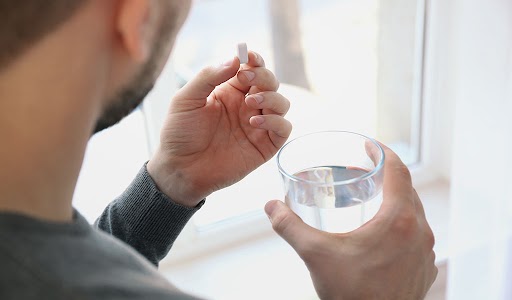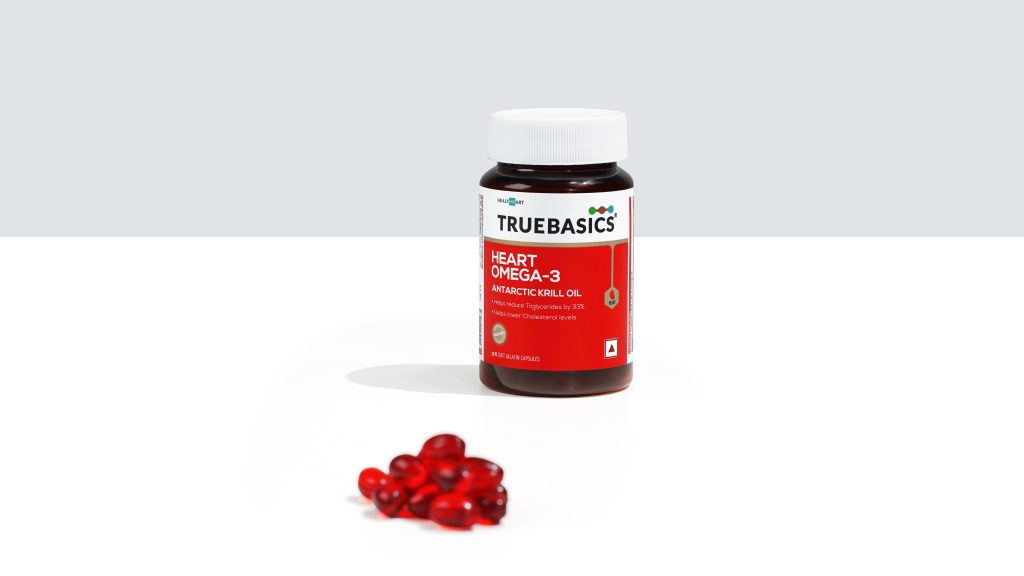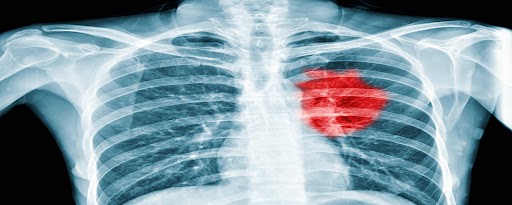It’s no secret that inflammation of any kind is dangerous for the body. Hence, it is obvious that inflammation of heart is all the more worse. Myocarditis, or inflammation of the heart, has many potential root causes, such as bacterial or viral infections, autoimmune diseases, and toxic exposure. It’s important to remember that even though it’s a potentially life-threatening illness, the damage can still be minimized. Having said that, let’s jump right in to know about the root cause, precautions and possible treatments for reducing heart inflammation.
What causes heart inflammation?
Viruses like the flu or COVID-19, are the most common cause of myocarditis. When a virus is to blame for myocarditis, symptoms may not appear until a week or two later. This occurs because the immune system reacts strongly to a viral infection, resulting in inflammation. Inflammation of the heart can also persist long after the virus has cleared out.
Other causes include:
- Infections caused by bacteria like a sore throat or common cold. Even fungal infections count like histoplasmosis.
- Autoimmune disorders like lupus occur when the body’s immune system turns on itself.
- Poisoning is the body’s response to harmful substances (toxins) like carbon monoxide or drugs like cocaine.
- Adverse drug or vaccine reaction.
What are the symptoms of heart inflammation?
Myocarditis can cause shortness of breath and chest pain. These symptoms may appear as late as two weeks after an infection has cleared up. Myocarditis symptoms often include:
- Discomfort in the chest area, or pain or tightness in the chest.
- Breathlessness while sitting, standing, lying down, or doing any other activity.
- Unusual fatigue.
- A sensation of rapid, irregular, or pounding heartbeats or heart palpitations.
- An irregular heartbeat.
- Feeling dizzy.
- Recent onset of flu-like symptoms, including fever, headache, muscle and joint pain, and a sore throat.
Myocarditis can also sometimes be detected in the absence of any symptoms, during the course of a routine checkup.
Prevention of heart inflammation
Myocarditis has no cure and no known preventative measures. However, the following measures may be helpful in preventing infections:
- Keep your distance from people with possible infections of any kind. If you happen to have an infection yourself, it’s best to isolate yourself.

- Make hand washing a regular habit to stop the spread of disease.
- Do not put off getting necessary immunisations. To avoid contracting myocarditis, it’s important to stay up-to-date on preventative vaccinations like those against COVID-19 and influenza.
Treatment of heart inflammation
Successful treatment of heart inflammation requires early detection. Possible components of a treatment plan for cardiac inflammation include:
Medications: Anti-inflammatory drugs (such as aspirin or ibuprofen) can help reduce inflammation in the heart muscle.

Antibiotics: If the inflamed heart is brought on by a bacterial infection, antibiotics can come to the rescue.
Rest: Reducing the heart’s workload through rest can speed recovery.
Lifestyle changes: Quitting smoking and maintaining a healthy weight are just two examples of how improving one’s lifestyle can lessen the likelihood of developing heart inflammation.
Conclusion
Inflammation of the heart is a potentially fatal condition that calls for immediate medical attention for a correct diagnosis. It’s crucial to take precautions against heart inflammation, such as getting the recommended vaccinations, maintaining good hygiene, avoiding dangerous habits, and managing any underlying conditions. Inflammation of the heart can cause symptoms such as chest pain, shortness of breath, and fatigue; if you experience any of these, it’s crucial that you see a doctor right away so that you can get an accurate diagnosis and begin treatment. Apart from appropriate medical attention, good diet and exercise are undeniably crucial to keep heart issues at bay. To add to that, TrueBasics Heart Omega-3 is a nutritional supplement that is the ultimate cholesterol specialist you can rely on. The Antarctic krill oil used in it is made with 4 heart-strengthening ingredients. These together work towards helping reduce cholesterol and triglyceride levels by up to 33%, with 26 weeks of regular dosage.















